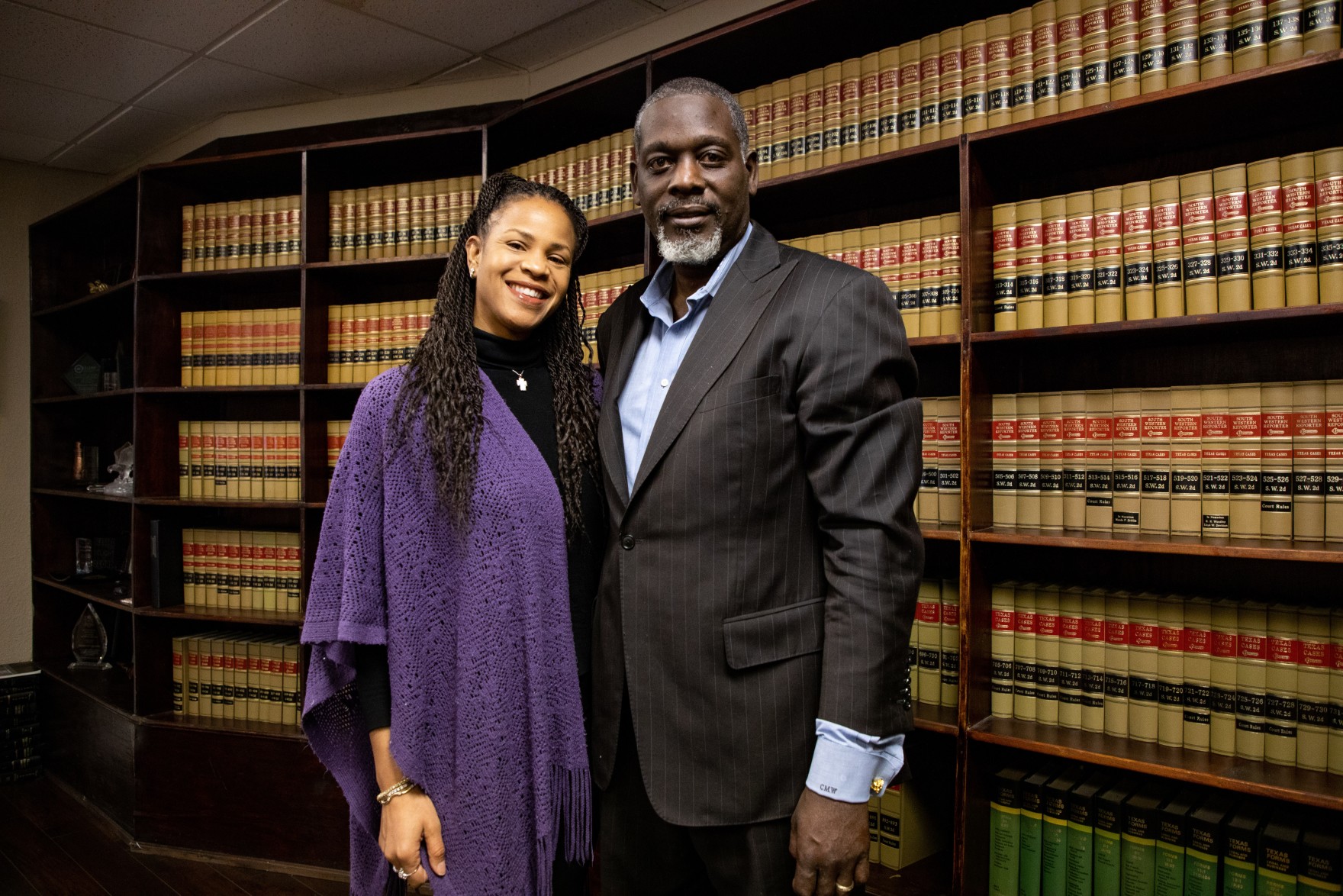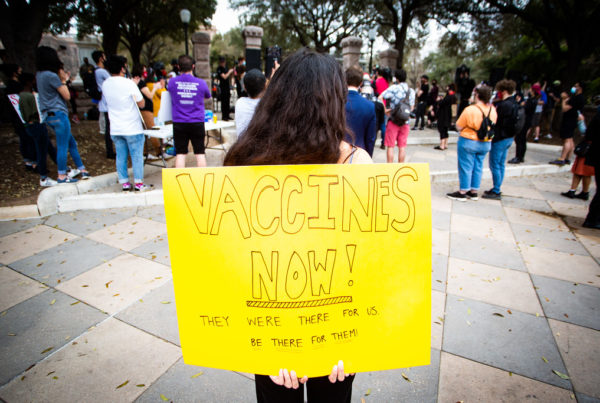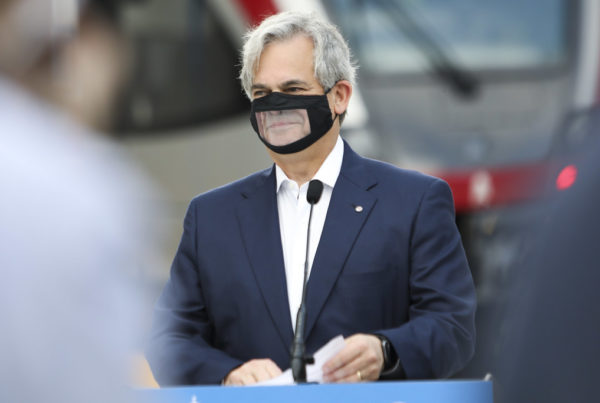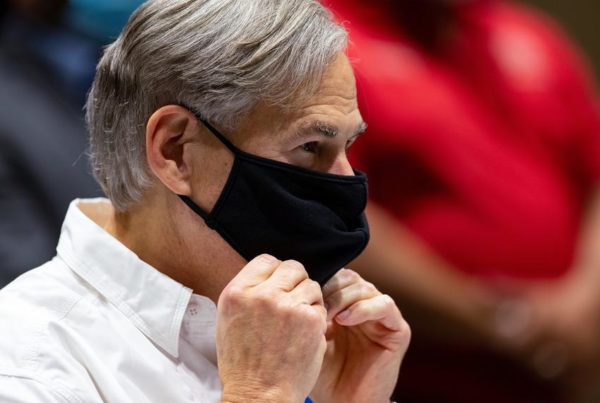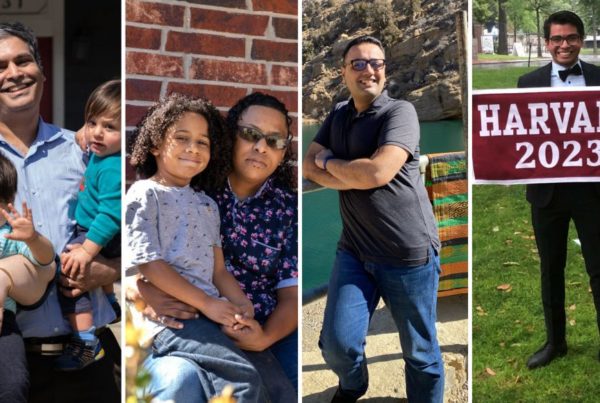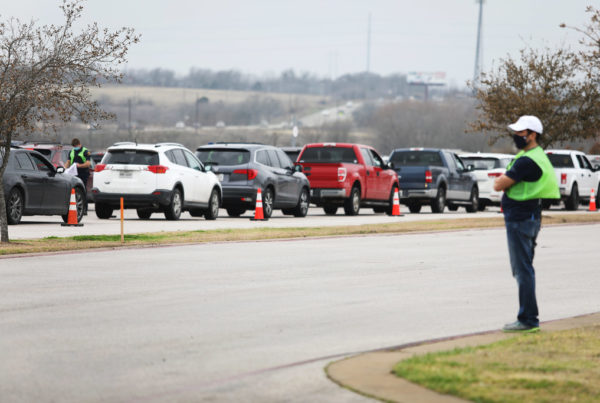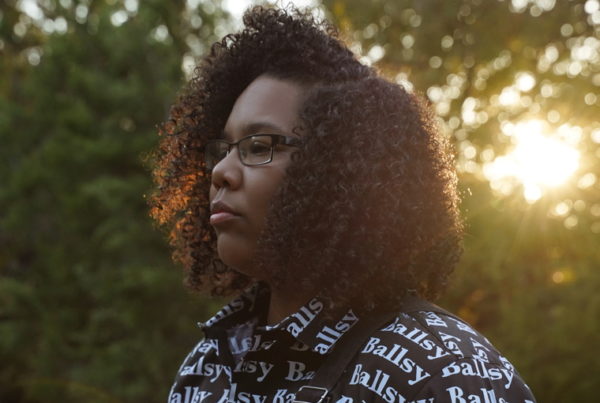From KERA:
Almost 20 years ago, Craig Watkins narrowly lost his 2002 race for Dallas County District Attorney.
He never stopped campaigning, especially within the Black church.
Leading up to the 2006 election, Watkins said he visited roughly three churches every Sunday.
“You would contact the pastors individually,” Watkins said. “They would give you the okay to say, ‘[You’re] going to come to our church at 11:30. We’ll introduce you. You’ll have two minutes.’”
Two minutes to introduce himself to a huge group of potential voters. Two minutes to get his message out. But the outreach wasn’t limited to indoor spaces.
“I would be inside saying my two minutes, and then I would have a crew of individuals that would be in the parking lot, leaving my literature on their cars,” he said.
Watkins’ uncle Ted Watkins, a former president of the Dallas NAACP, had insisted on making regular church appearances the centerpiece of the campaign.
Then, just before Election Day, Black churches made a big push to get people to the polls on “Super Sunday,” the final Sunday of early voting.
According to a 2006 story in the Dallas Morning News, about a dozen leaders of large Black churches coordinated their efforts that day.
“We had always talked about doing it,” Rev. Frederick Haynes III of Friendship West Baptist Church told the News. “But this time we really put some effort and resources behind it.”
Watkins won by about 7,000 votes. It was a huge moment for the county’s Black community.
Ronald Jones, pastor emeritus at the historic New Hope Baptist Church in Dallas, said the 2006 race was special. Watkins had grown up attending New Hope Baptist, and Black churches were excited to elect someone they’d known his entire life.
“When they’re victorious, it’s as though you are victorious with them,” Jones said. “We were glad for him, praying for him, knowing that now, the work was going to start.”
A long relationship
The Black church has a long relationship with electoral politics, the most recent chapter coming with the election of Raphael Warnock as the first Black U.S. Senator from Georgia. Warnock is senior pastor of Ebenezer Baptist Church in Atlanta.
As it happens, Atlanta’s first black mayor, Maynard Jackson Jr., was born in Dallas while his father, Maynard Sr., was pastor at New Hope Baptist. Maynard Sr.’s father, Alexander Stephens Jackson, also served as New Hope Baptist’s senior pastor.
Both men saw civic and political activity as part of the pastor’s role. Under Alexander Stephens’ leadership from 1899 to 1936, New Hope Baptist “soon became the center for all cultural, political and educational gathering in the city,” according to a church history published on its website.
University of Texas at Austin pofessor Eric McDaniel said the oldest Black denomination, the African Methodist Episcopal Church, formed in protest of segregation in white churches.
“This is something that’s gone on for more than 200 years, basically since 1619 in many ways: the idea of the Black body being a political symbol but then Black religion being a political symbol as well,” McDaniel said.
Jones, who also served three terms as mayor of Garland, considers it an obligation of pastors to respectfully encourage congregants to be involved in civic and political life. He called it “negligent” for a pastor to not play that role.
“You establish a bond”
The success of Watkins’ 2006 campaign had an effect on future political contests, from his 2010 re-election to judicial races. After serving two terms as Dallas County district attorney, Watkins lost his 2014 bid for a third term.
Watkins’ wife Tanya started consulting for other candidates looking to do outreach to Black churches. She tells her clients to stay for the entire service.
“Some churches, they start at Genesis and they end at Revelation,” she said. “You’re there all day, and you’re expected to stay all day.”
Other churches may have multiple, shorter services. The visits, however lengthy, can help a candidate foster a closer relationship with voters.
“You establish a bond and a rapport with people, and they get to know you on a personal level,” Tanya Watkins said. “That’s different than if you’re just sitting up doing a panel discussion … or a debate.”
And when the congregation passes the plate, she said, be ready to contribute.
Past, present and future
McDaniel, the UT professor, wrote the book “Politics in the Pews: The Political Mobilization of Black Churches.” He said he believes the church has competition for its spot at the center of Black politics.
Churches “represent … this classic, middle-class male-led aspect of this,” McDaniel said. “And this is not what Black Lives Matter is about. Black Lives Matter is about representing Black folks no matter what their condition is, whether it be male, female, rich, poor, straight, part of the LGBTQ community.”
Years before the Black Lives Matter movement, Craig Watkins’ campaign for Dallas County District Attorney promised something different than a “tough on crime” approach to the job of top prosecutor. He found receptive audiences when he visited Black churches all those Sundays leading up to Election Day in 2006, because many of the people in the pews had experienced the ugly side of law enforcement.
“It was not difficult getting people to want to participate,” Watkins said.
He also said he couldn’t have won without the support of the Black church.


